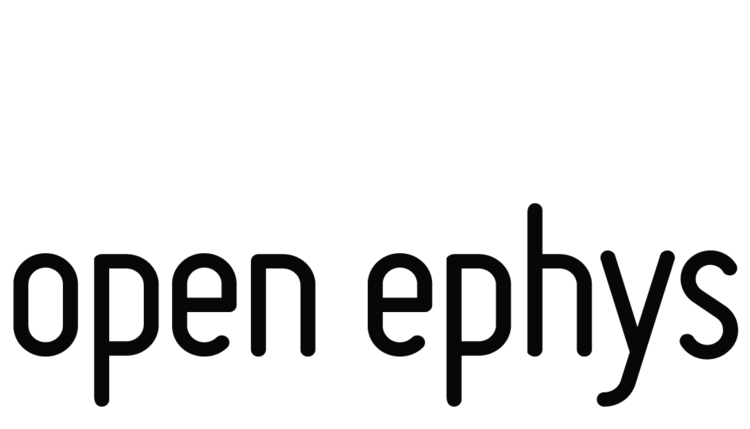Open Ephys recently reached an important milestone: our hardware has spread beyond the labs that developed it. Over the next few months, we'll get lots of feedback from our new users. We also hope they'll help us improve the software by fixing bugs and adding new modules. A list of the labs that volunteered as beta testers can be found on our people page.
If you didn't receive one of our acquisition boards but are interested in testing one out, we now have a wiki page with instructions on how to build one from scratch. We've built a number of systems by hand with great success.
We'd love to kick off another round of manufacturing, but we don't know exactly when that will happen. Keep an eye on upcoming newsletters for more details. The timing will depend on both how quickly things progress with our beta testing phase, and how long it takes to secure funding for manufacturing. The first 50 boards cost around $20,000 to produce, and we expect the next 50 will be the same. We still haven't figured out the best financing model, but donations have worked well so far. If you might be interested in funding our efforts, definitely get in touch. Eight labs contributed to the first round of manufacturing, in addition to the generous donation of parts by Texas Instruments. We don't feel comfortable selling our hardware without some mechanism for providing support, but perhaps this will become a possibility in the future.
We're also looking for people to help with software development. Our platform is already at the point where it has all the functionality needed to carry out basic electrophysiology experiments and observe data in real time. We've been using the Open Ephys system on a daily basis for the past few months, and we're very happy with its usability. But there's plenty of room for improvement, especially when it comes to making the software easy to modify. The fact that it's open source already represents an advantage over the commercial alternatives, but we'd like to make it simpler to add new processing modules, even for those with limited development experience. If you work with a programmer that might be able to contribute some of his or her time, or have access to funds that could be used to hire one, please get in touch. We've been amazed by how liberating it feels to collect all of our data with open-source tools, and we'd like others to experience the same thing.
For more information on what we've been working on, check out our blog and wiki.
